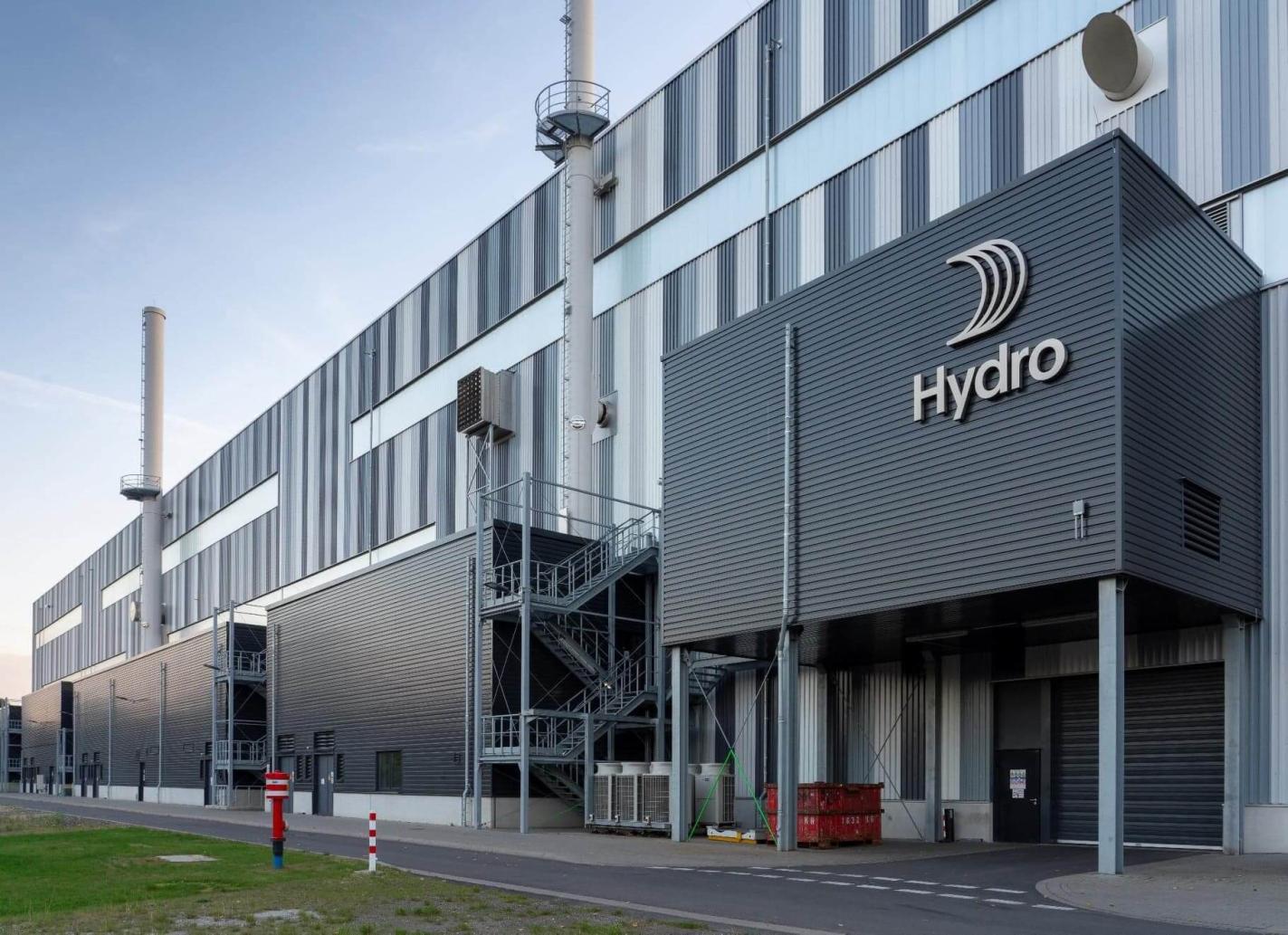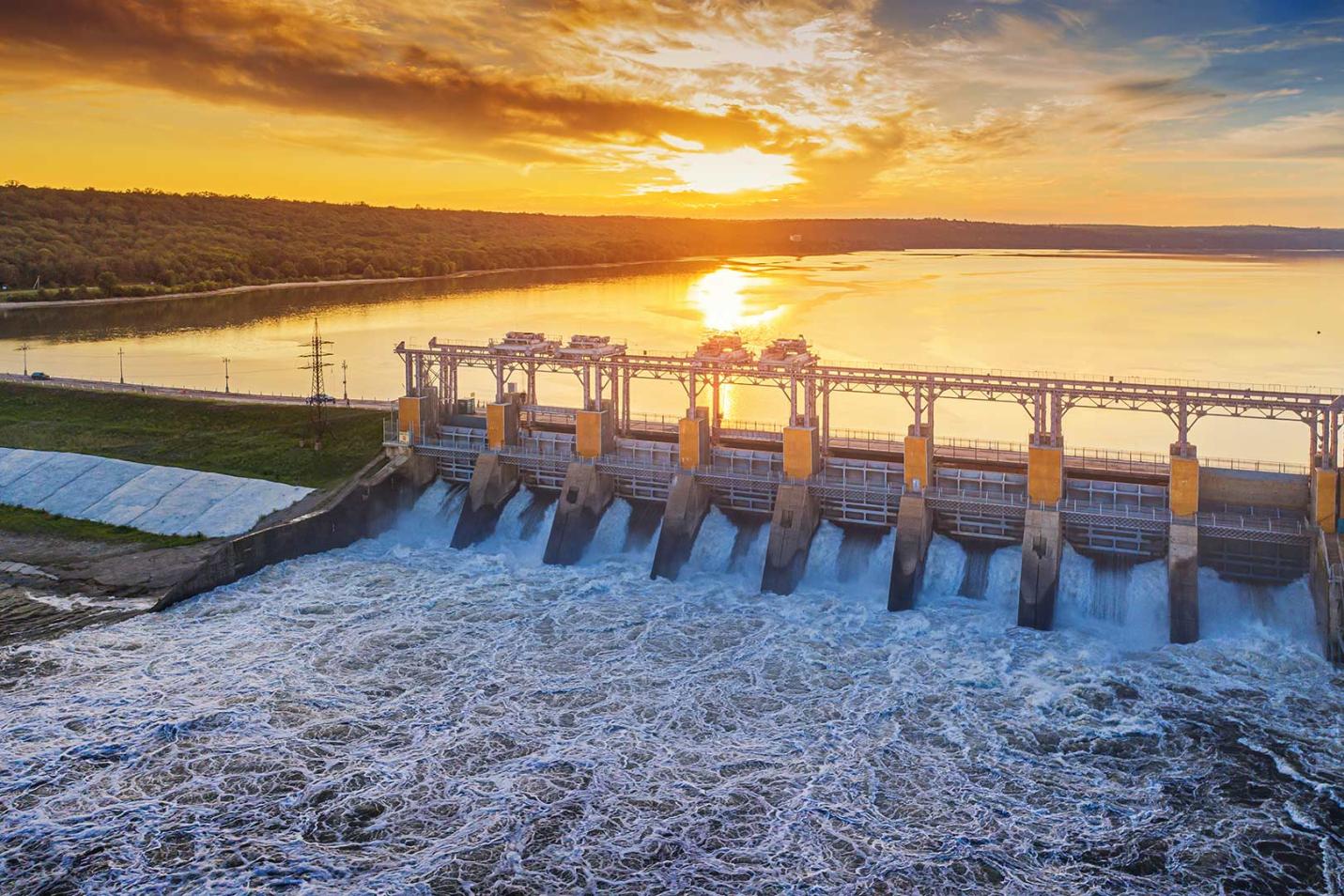How Can Hydropower Be Used to Promote Energy Access and Equity?
Introduction

Hydropower, the harnessing of energy from flowing water, stands as a significant renewable energy source, offering immense potential to address global energy access and equity challenges. This article delves into the multifaceted role of hydropower in promoting energy access and equity, exploring its contributions to socio-economic development and sustainable energy transitions.
I. Hydropower's Role In Energy Access
Energy Access: A Cornerstone for Development
Energy access, the availability of reliable and affordable energy services, serves as a fundamental pillar for socio-economic development. It empowers communities, enhances education and healthcare opportunities, boosts economic productivity, and improves overall quality of life.
Hydropower's Contribution to Energy Access
- Hydropower projects provide a reliable and cost-effective source of electricity, particularly in remote and underserved regions where grid infrastructure is limited or non-existent.
- Hydropower plants can be scaled to meet the specific needs of communities, ensuring a steady supply of electricity for essential services, businesses, and households.
- Examples of successful hydropower projects that have improved energy access in developing countries include the Bujagali Hydropower Project in Uganda, the Nam Theun 2 Hydropower Project in Laos, and the Jirau Hydropower Project in Brazil.
II. Hydropower's Contribution To Energy Equity

Energy Equity: A Matter of Social Justice
Energy equity entails the fair and just distribution of energy resources and benefits, ensuring that all members of society have access to affordable, reliable, and sustainable energy services. It is a critical component of social justice and sustainable development.

Hydropower's Role in Promoting Energy Equity
- Hydropower can promote energy equity by providing affordable and reliable electricity to marginalized communities, reducing energy poverty and improving livelihoods.
- Hydropower projects can create employment opportunities, boost local economies, and contribute to poverty reduction.
- Policies and initiatives that support the equitable distribution of hydropower benefits, such as subsidies for low-income households and community-based ownership models, can further enhance energy equity.
III. Challenges And Considerations
Environmental and Social Impacts
Hydropower projects can have potential environmental and social impacts, including habitat alteration, water flow disruption, and displacement of local communities. It is crucial to address these impacts through sustainable hydropower development practices.
Sustainable Hydropower Development
- Careful planning, stakeholder engagement, and environmental assessments are essential to minimize negative consequences and maximize the benefits of hydropower projects.
- Adopting innovative technologies and best practices, such as run-of-the-river hydropower and fish-friendly turbines, can further reduce environmental impacts.
Hydropower holds immense potential to promote energy access and equity, contributing to socio-economic development and sustainable energy transitions. By addressing environmental and social concerns through responsible and sustainable hydropower development, we can harness this renewable energy source to empower communities, reduce energy poverty, and create a more just and equitable energy future.
Increased investment and collaboration among governments, private sector, and civil society organizations are crucial to unlock the full potential of hydropower in achieving energy justice and building a sustainable energy system for all.
YesNo

Leave a Reply